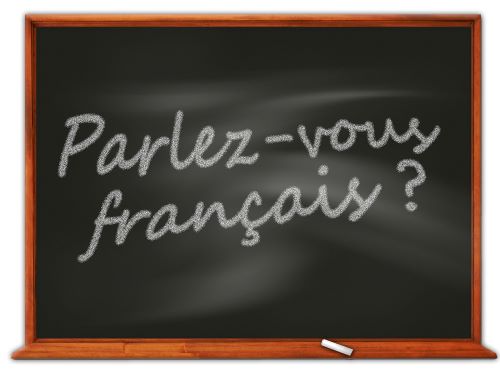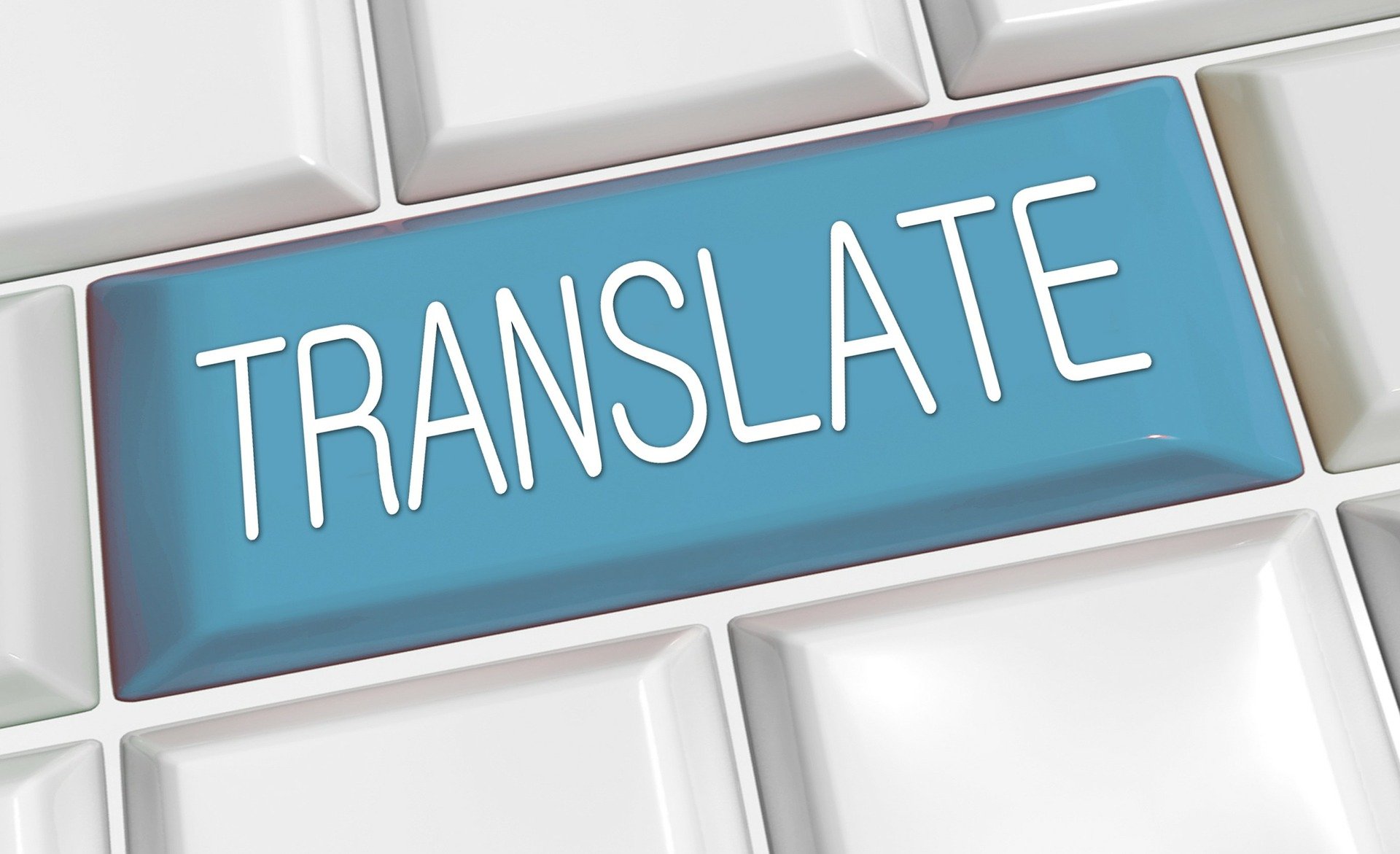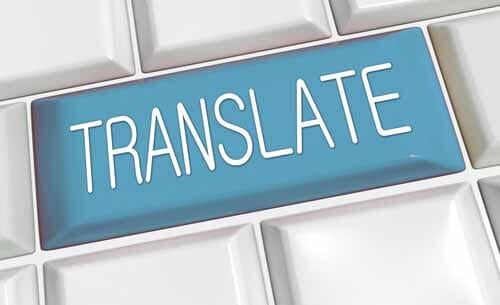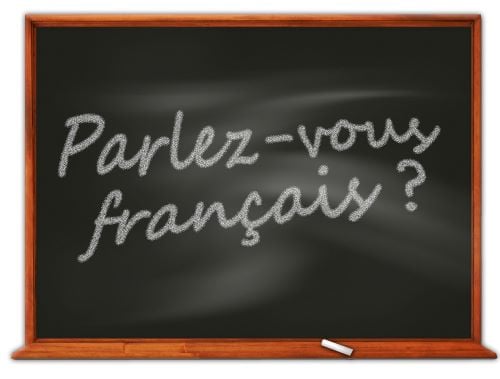Listen to Audio Version:
Québec’s unique culture stems from historic New France roots dating back to the early 1500s. That the Québécois value and protect their language is a given – since 1974, French has been the only official language in the province – and they are arguably more finicky about the details than their European counterparts:
The French will often coin new terminologies instead of adopting English words and created the General Commission on Terminology and Neologisms for just that purpose, to stymy the use of English words. But when it comes to modern technology it gets “pas d’amour” (no love), as exactly no French person actually confirms receipt of “courriel” or automatically deletes “le pourriel,” instead just receives “email” and ignores “spam.”
Québécois, on the other hand, embrace la différence! Singular in intention, the province allows for bilingual communication on the constitutional and federal levels while acknowledging only French within its provincial institutions.
The insular policy is not without controversy: in 2006, Canada’s House of Commons passed a motion – by 266 votes to 16 – recognizing Québec as a “nation within a nation.” In the process, contention rose over precise phrasing, with opposing factions calling for a “nation within a unified Canada” vs. “a nation currently within Canada,” the latter leaving the door open to sovereignty.
 The Immediate Implications of Bill 96
The Immediate Implications of Bill 96
In 2022 the Québec government adopted Bill 96, An Act respecting French, the official and common language of Québec (“Bill 96”). One hundred pages and 201 articles long, Québec Premier François Legault labels it a much needed “modernization” of Bill 101 – the Charter of the French Language – adopted by the Parti Québécois in November 1975.
Requirements are far-reaching and impressed upon any business operating in Québec or doing business with residents and entities of the province, with amendments rolling out over three years. The Government of Canada has committed funds for help with compliance, though early on the majority of funds are dedicated to French-as-a-second-language learning rather than businesses. Notable among the terms immediately in effect are:
-
The heightened authority of, and oversight by, the Québec Board of the French Language (OQLF) to enforce compliance. The department will not only investigate complaints around non-compliance, it can now also conduct ad hoc independent enquiries, including the license to enter, photograph, and access electronic devices of “any location” (outside of private residences) where Bill 96 may be in effect.
-
Product information – labels, user manuals, warranties – must be written in French. Any non-French version cannot be more prominent than the French version.
-
Québec businesses looking to hire must post in French or be sure to simultaneously post the offer in French through the same communication channel to a similar target audience.
Companies have three years to comply with new “francization” requirements – the use of French as the dominant language within the workplace, essentially – for companies with 25-49 employees, down from the previous 50. The implication is that any company doing business in or with Quebec, whether headquartered there or not, may be subject to the policy; so, for example, a Toronto- or US-based company’s offices outside of the province could still be held responsible for transitioning to French in the workplace. An example of a potentially more dire interpretation of Bill 96, requirements such as this one will likely be adjudicated prior to its effective date.
Fines for noncompliance range from the monetary – including double and treble damages for repeat offenders – to the revocation of permits and certifications and the removal or destruction of public advertisements (e.g., posters, signs, and billboards) that fail to comply, at the company’s expense.

Professional Translation Services for Bill 96 Compliance: The Silver Lining
In essence, most content must be readily available in French and it’s sometimes mandated that the content even originate in French. Which may at first seem a bit daunting; however, there is a clear upside to Bill 96 requirements in the form of translation’s ability to expand your business. Targeted translation of customer-facing material, website content, order forms and sales collateral help companies immediately reach a new audience, generating leads and new customers.
Exercise your options – are there other potential audiences you could address in the process? Are there new markets of interest? Have you been avoiding the need for spoken interpretation – think customer service – because it was “manageable as-is”? The first, best step is to find a high-quality language services company, then put them to work on a global marketing plan that includes Bill 96 compliance. High-quality firms have already ingested and prepared for the new requirements and can create for you a plan to guarantee clear communication and compliance. Here’s how:
First and foremost, find an agency that can provide both spoken interpretation and written translation. An established agency will offer several types of interpretation services in addition to translation services for multiple languages.
An informed company relies on human translators. Bill 96 does, in many ways, require the translation of content and assets critical to your business: advertising, signs, product labels, sales collateral, and the like. A word-for-word machine translation could be as disastrous as it is funny, while a human translator will accurately and properly deliver your message.
An experienced company will match you with the right interpreters and translators. This could mean an interpreter with specific industry experience or a translator with global marketing experience, or someone with a legal, regulatory, or government background.
A reliable language services company retains its interpreters and translators and keeps them with specific clients over time. This not only ensures accuracy and adherence to company style guides and standard business practices, over time it proves more cost-effective and efficient, as interpreters and translators become accustomed to company preferences.
Similarly cost-effective is the reliance on Translation Memory. A tech-forward language services company retains a Translation Memory database of previously translated content to keep your dedicated translator on-brand and on-message. That exacting attention to detail works in keeping your messaging consistent across assets and departments.
For your most important documents, a thorough language services company offers the “TEP” process of translation, editing, and proofing. For a routine translation, the client (or an enlisted third-party) reviews the translation and returns questions or corrections to the original translator, who works with the client or their reviewer to determine the best result. The TEP process goes further: one individual translates the account then hands it off to a second translator to review and refine. Translator and reviewer then work together to come up with the “best possible” version of the piece and then one of them, or even a third party, does the proofing for style and substance.
Finally, and most importantly, a trusted language services company can prioritize for you the interpretation needs and content translation requirements for Bill 96 compliance.
Throughout, a high-quality translation agency works as a partner, with an eye always on your company’s health and best interests, in addition to growth opportunities. For example, we outline for you the 10 traits of a high-quality translation but also teach you how to check for quality even if you don’t speak the translated language. We can find a way to build a global marketing plan to satisfy rules and regulations while generating opportunities in new markets or just point you in the right direction. Choosing right the first time will not only open doors to new markets – trust that the relationship will grow into a partnership that just gets more beneficial over time.
Rapport International specializes in multilingual communications, providing language translation and interpretation services that are accurate and culturally appropriate. We use the right voice and the correct terminology to avoid liability, customize services to your needs, and deliver on time and within your budget. With our 100% satisfaction guarantee, you can trust that it’s done right. Contact us today if you would like more information or to get a free quote.
Rapport International specializes in multilingual communications, providing language translation and interpretation services that are accurate and culturally appropriate. We use the right voice and the correct terminology to avoid liability, customize services to your needs, and deliver on time and within your budget. With our 100% satisfaction guarantee, you can trust that it’s done right. Contact us today if you would like more information or to get a free quote.
Popular Posts
Popular industry news, interviews, technologies, and resources.

















